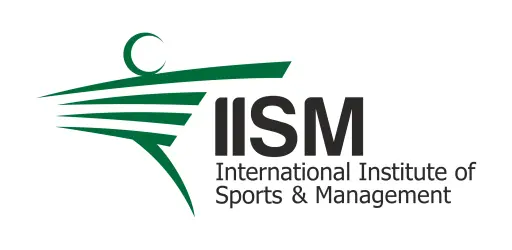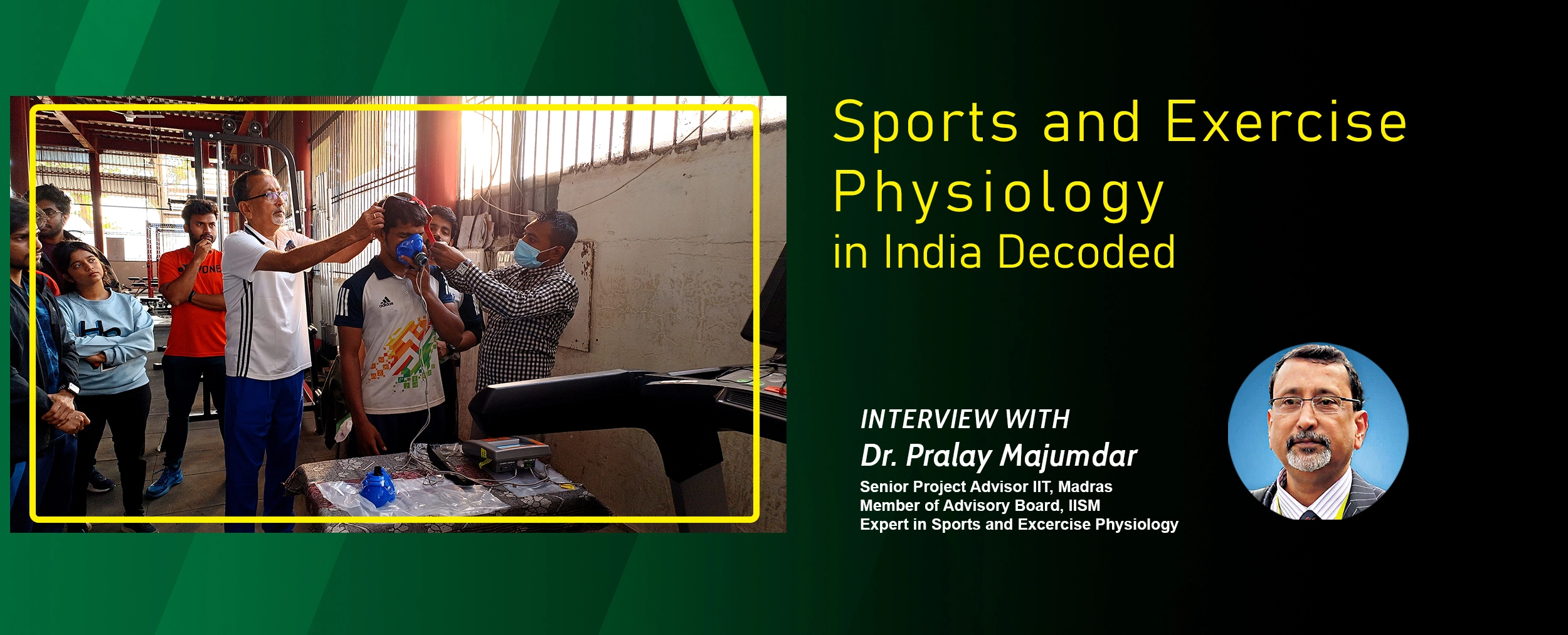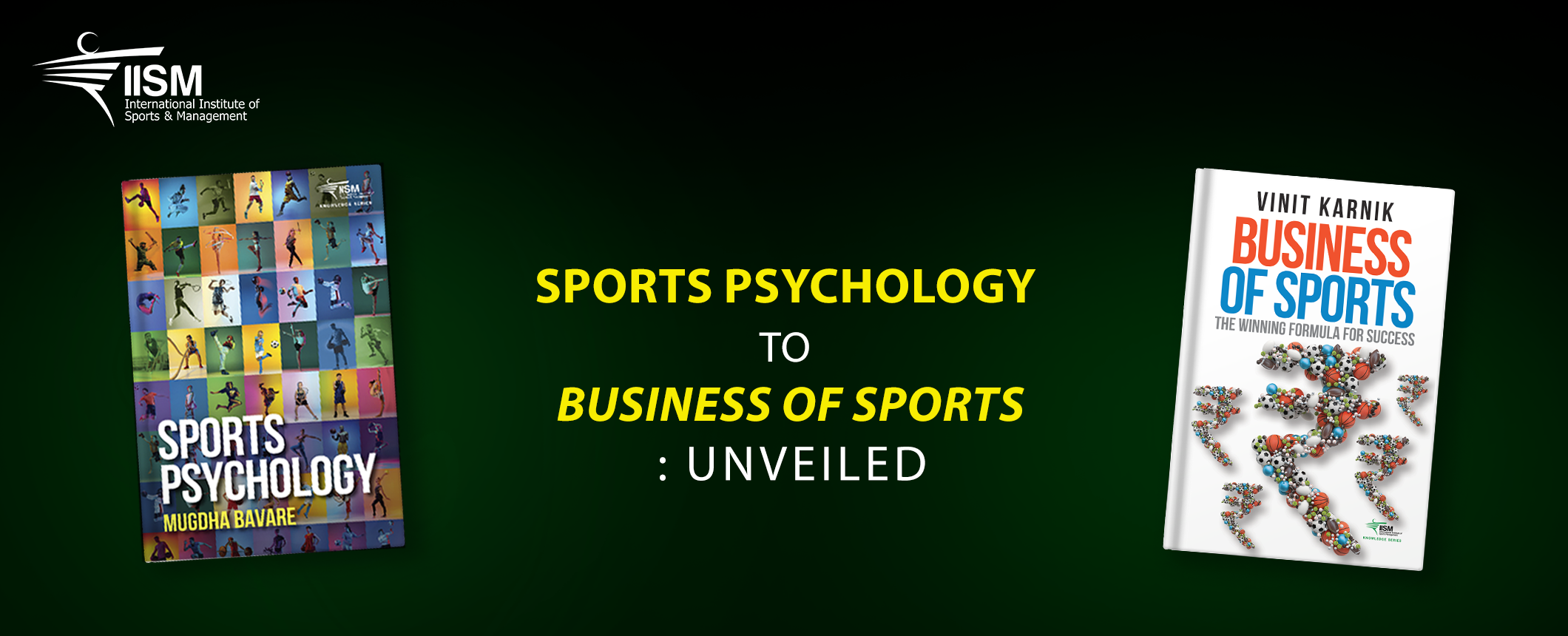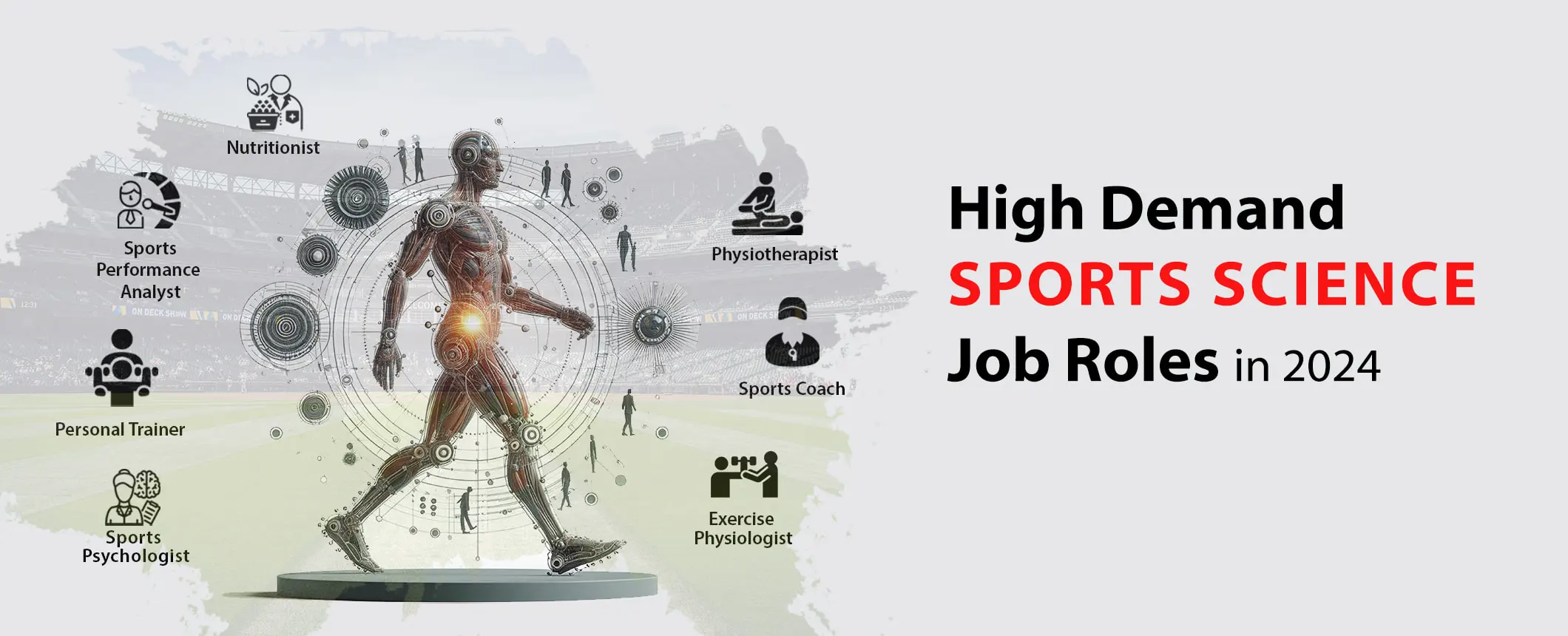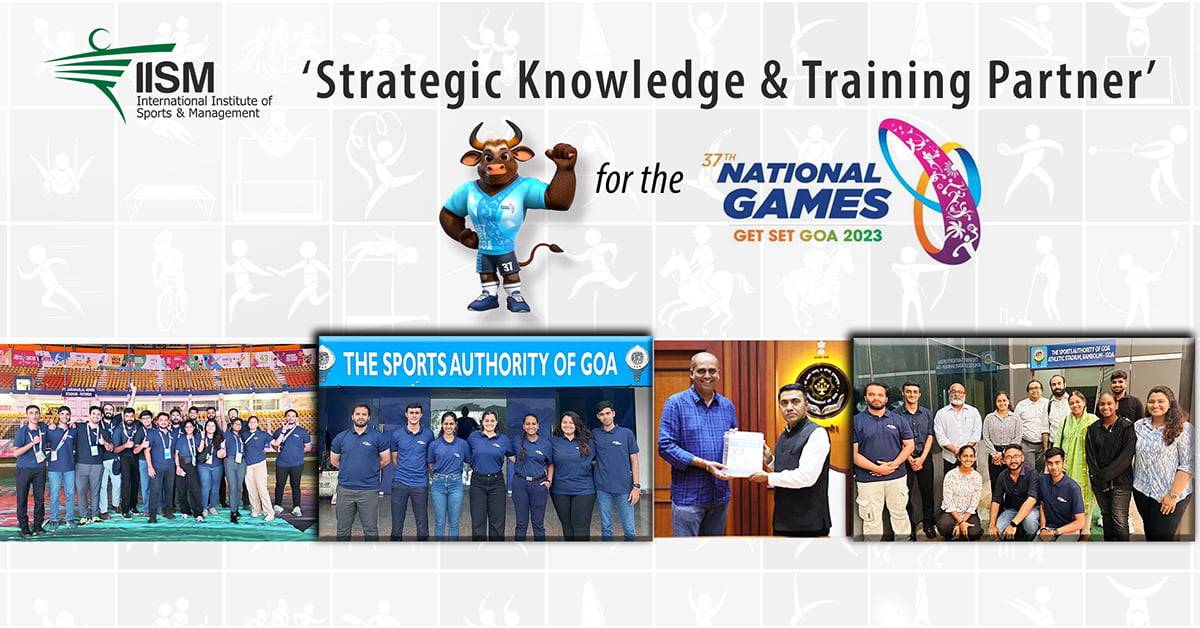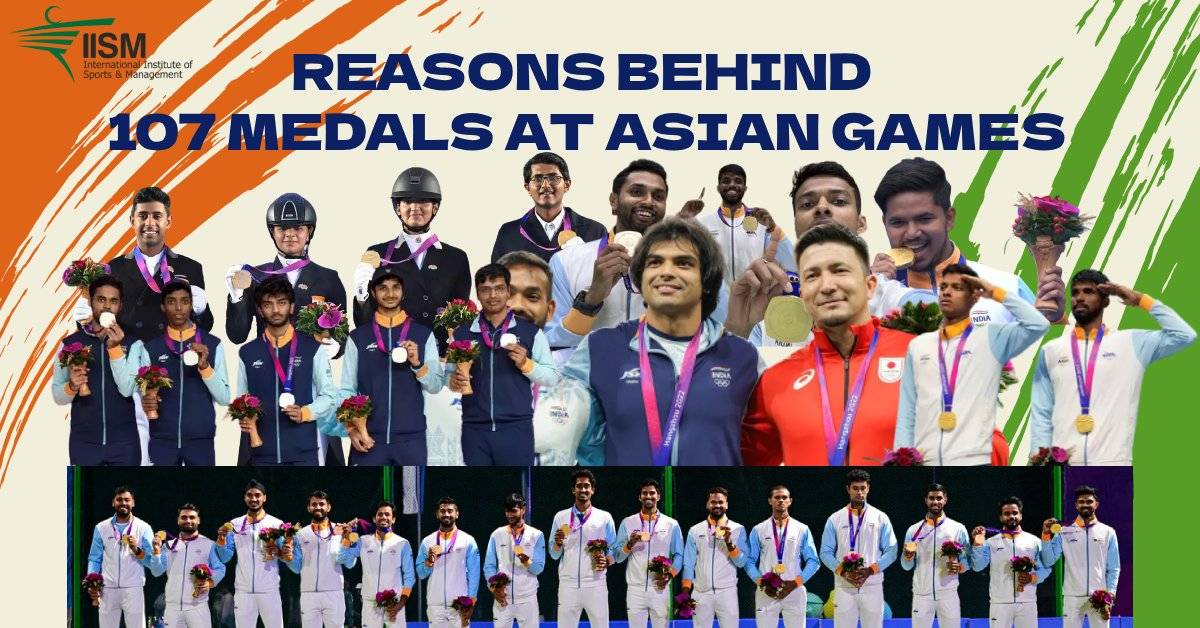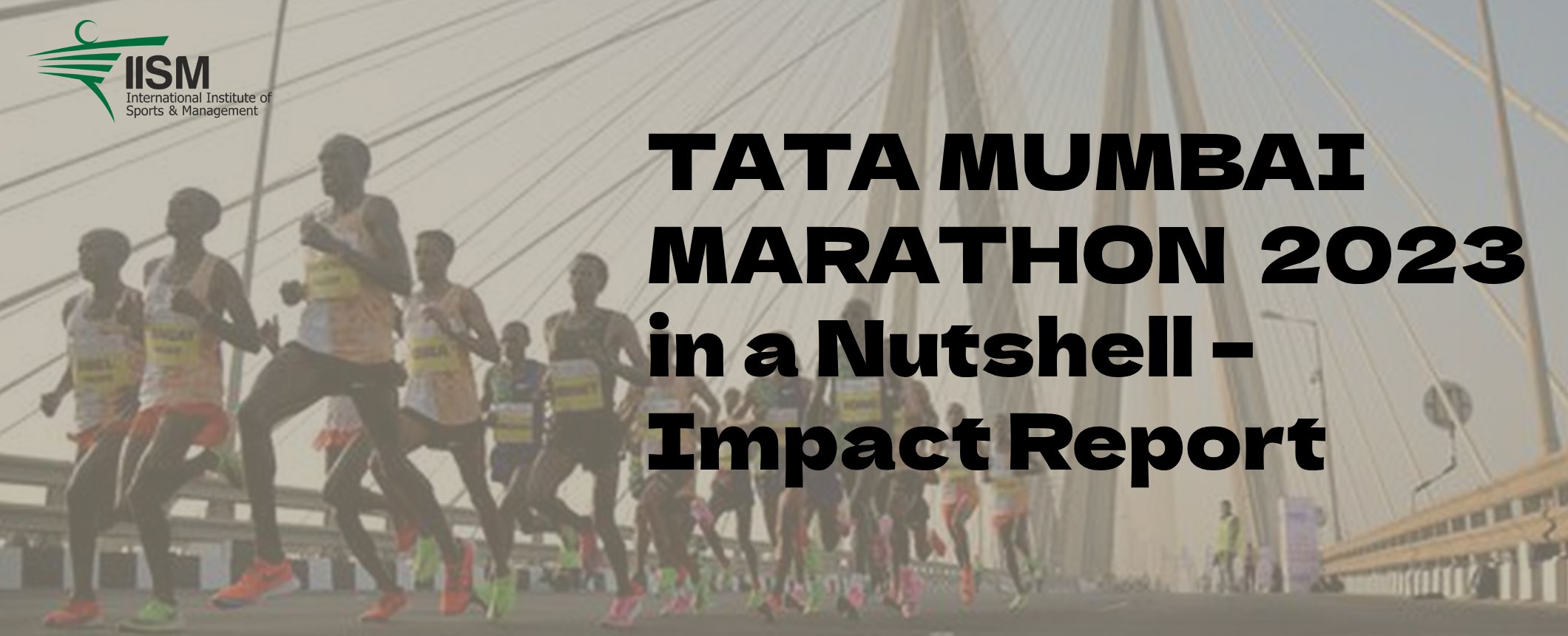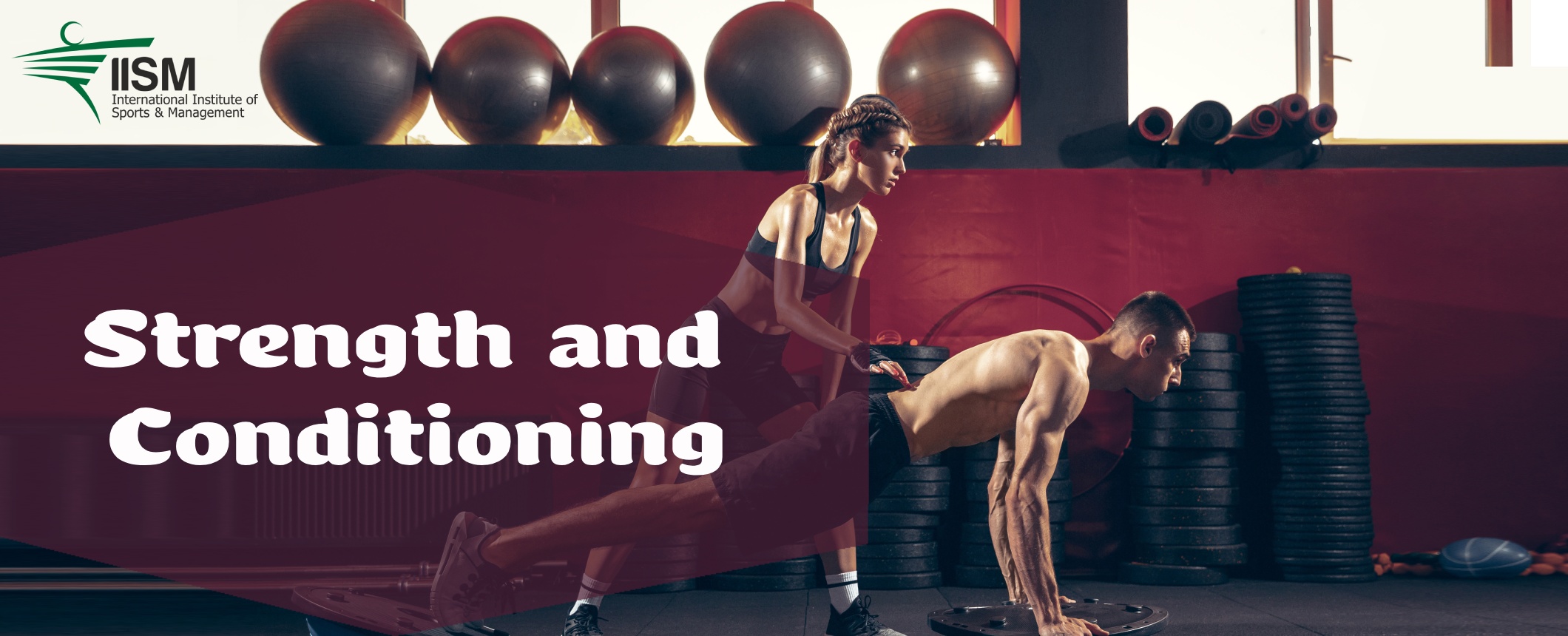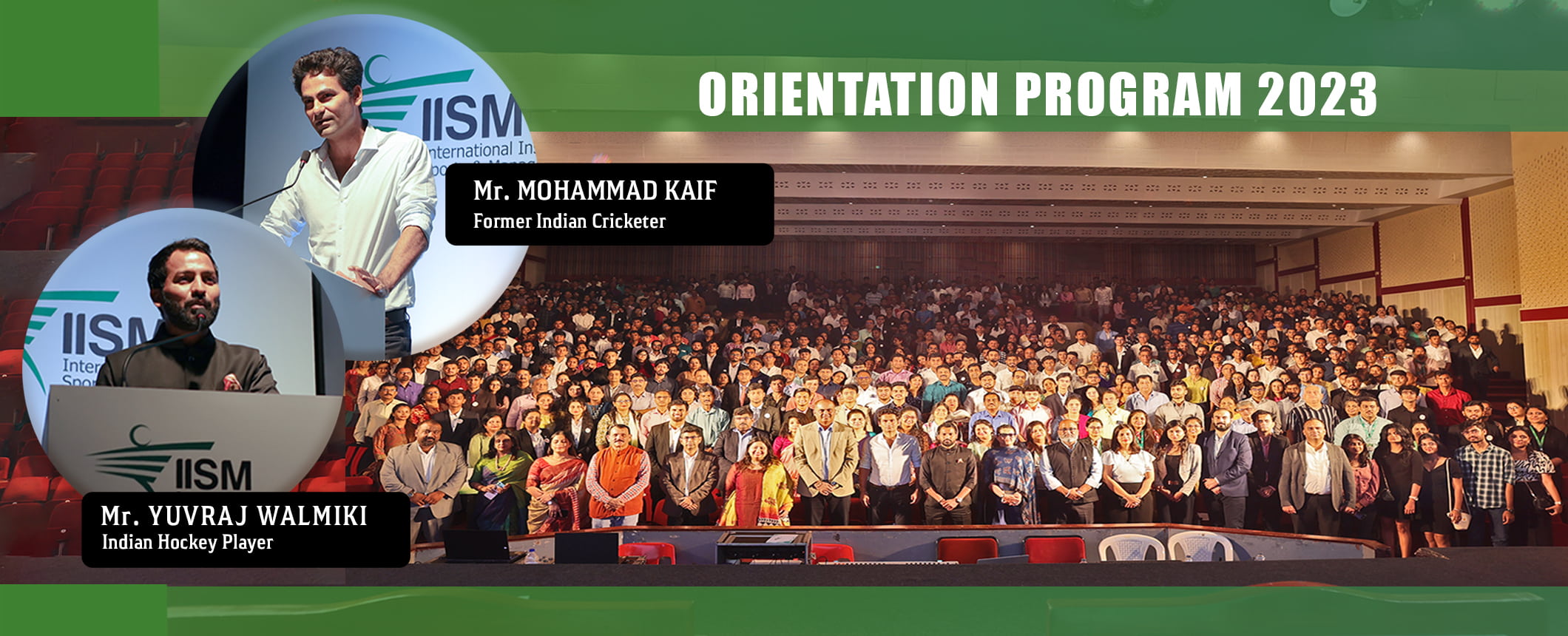Busting Nutrition Myths Associated with the Sporting World

Myths related to nutrition in the sporting world is a common factor in today’s world. Looking into the current scenario of the growing influence of social media in the sport’s world, the myths have been on the rise.
Being a Sports Nutritionist, I have noticed major misconceptions across the sporting world due to the growing popularity of social media. Today’s society is widely influenced by social media, and blindly believes and follows whatever information they come across on social media platforms like WhatsApp, Facebook, and Instagram.
The people not only blindly believe and follow this information, but they even share it with their friends and family without even verifying the information and its source. Even the athletes believe in these myths and follow the trend blindly just to fall in a pit that would affect their health and performance in the future.
Nutrition plays a major role in an athlete’s life and if it is counterfeit, then it can have adverse effects on the athlete’s career. Hence, checking the credibility of the information is very important, and one should only rely on the information garnered from the health professionals, nutritionists, or peer-reviewed articles.
Today, let’s debunk some of the most common nutritional myths associated with the sporting world that are affecting the performances and taking a toll on our current and future athletes.
Busting Nutrition Myths Associated with the Sporting World
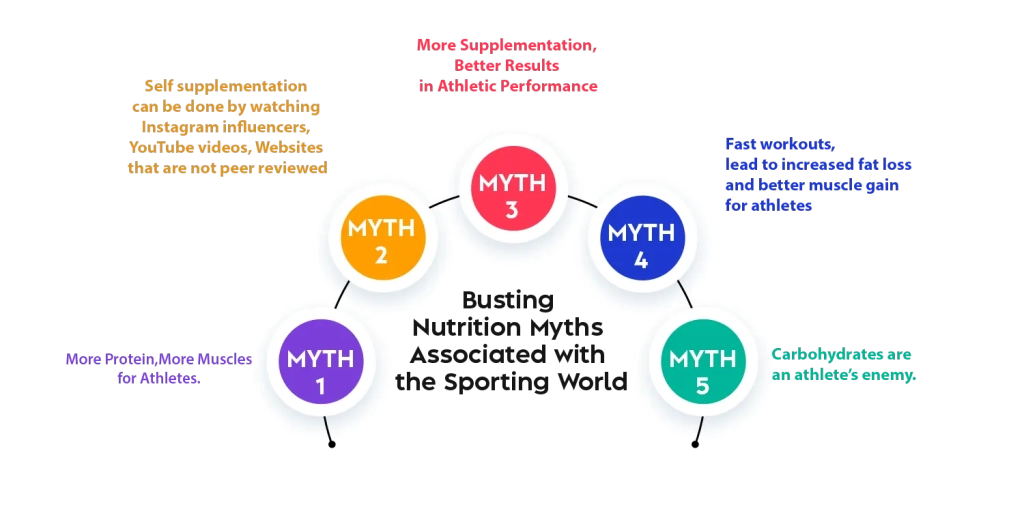
Myth 1:- More Protein, More Muscles for Athletes.
Fact- The most common myth is that increased protein consumption is associated with higher muscle mass, but the research suggests that higher protein consumption, the surplus is oxidized to form energy for the body and not recruited as muscle mass.
Appropriate muscle mass is a pre-requisite for almost all the sports that are a part of the International Olympic games, be it Weightlifting, Swimming, Marathon runs, Athletics, Racquet Sports etc.
The requirement of muscle mass is different based on different sports for e.g. weightlifting, wrestling, powerlifting require a higher muscle mass in comparison to sports like marathons, swimming, football etc.
So, the ideal amount of protein consumption is based on two very basic fundamentals which include the phase of periodization in which the athlete is present and the kind of sport.
Myth 2:- Self supplementation can be done by watching Instagram influencers, YouTube videos, Websites that are not peer reviewed.
Fact- Another common myth associated with sports nutrition is self-supplementation. Many athletes believe that by mimicking peers, getting advice from coaches with no formal knowledge in nutrition and implementing knowledge gained from social media is sufficient enough to get the desired athletic performance.
It’s true that many athletes across the sporting world and normal individuals turn to social media influencers, YouTube channels and non-peer reviewed websites for information on various things, including nutrition.
The most important thing an athlete should look after is the credibility & qualifications of the influencers, YouTube videos in the appropriate field of supplementation and health.
It is always wise to do a cross reference of information from multiple reliable sources from peer-reviewed scientific literature.
Myth 3:- More Supplementation, Better Results in Athletic Performance
Fact- Biggest myth that most of the athletes believe in the sporting world is- more is better, bigger is better and anything in big numbers is better. While certain supplements can play a major role in supporting athletic performance, it is crucial to approach supplementation with a well-informed and balanced perspective and a more individualistic approach.
An excess weightage should be given to nutrient intake from whole foods by eating well balanced meals rather than being dependent only on supplements for fulfilling their nutrient requirements. Consulting a professional working in the field of sports nutrition is the most credible source to rely on along with peer reviewed researches and appropriate health professionals.
Myth 4:- Fast workouts, lead to increased fat loss and better muscle gain for athletes.
Fact- Fasted cardio workouts have proven beneficial for many individuals on their journey to weight loss. But when it comes to an athlete practicing fasted cardio sessions, there is a high chance of them underperforming in their training or competition.
However, the primary goal in an athlete’s life when a competition is around the corner is to focus on the game and maximize the athletic performance with the help of perfectly-balanced pre-workout meal and not to alter the body composition.
So, it’s an approach which cannot be practiced 24/7 throughout the year. It should be an approach to be monitored closely by the nutritionist and coaches themselves, depending on the requirement.
Myth 5:- Carbohydrates are an athlete’s enemy.
Fact- Myth is that carbohydrates are harmful and should be avoided, especially for weight management, but when it comes to athletic performance, it is a different ball game. Carbohydrates are a primary source of energy, particularly for athletes and those engaging in intense physical activities. Especially, the endurance athletes need carbohydrate as the primary fuel which drives their rigorous training for hours.
The key is to choose complex carbohydrates and consume them in appropriate amounts based on individual needs and activity levels, where simple carbohydrates are given preference post-competition and during competition.
As athletes always need topped up glycogen stores to work and perform better, keto diets, fat-based diets are not going to prove beneficial for improving athletic performance during competition as suggested by researchers.
So, these were some common myths associated with nutrition in the sporting world.
In the end, it comes down to the bio-individuality of the athlete and then having an appropriate meal plan to endure all the basic micronutrient requirements. Informed and well-thought decisions with respect to food choices, supplementation choices (choosing dope-free supplements) and the diet that is followed by the athletes, help enhance and uplift performance and avoid the fear of being caught in doping tests.
Sports science with the modality of sports nutrition will always be a useful weapon for all the athletes to deal with the health and fitness struggles in the sporting world. An athlete’s diet directly manifests in the performance.
Hence, a deep and correct understanding of the athletes’ needs and requirements is important to design the most effective plans to get more laureates for the athletes rather than relying on information which has no credibility or authenticity.
Ayushi Dhakate
Masters in Sports Nutrition, Masters in Microbiology
Adjunct Faculty and Co-ordinator for Master’s in Sports Science, IISM.
